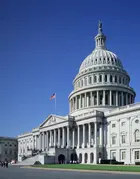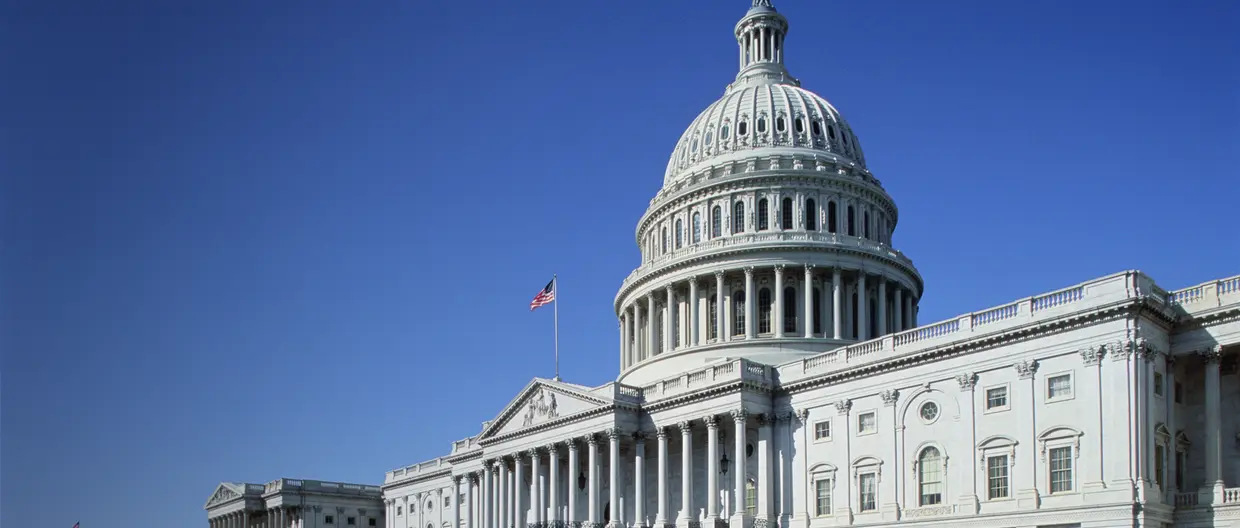Welcome to Amundi (UK) Limited’s website for Professional Clients only.
Amundi (UK) Limited (“Amundi UK”) is registered in England and Wales with the Companies House under number 01753527, and has its registered office at 77 Coleman Street, London EC2R 5BJ, United Kingdom (the “UK”). Amundi UK is authorised and regulated by the Financial Conduct Authority (“FCA”) and entered on the FCA’s Financial Services Register under number 114503.This may be checked at https://register.fca.org.uk/ and further information of its authorisation is available on request.
The information contained on this website is only directed at persons who are Professional Clients (as defined in the FCA’s Handbook of Rules and Guidance) and you are connected to this website as a Professional Client. If you are not a Professional Client, you are asked to please leave this website.
You will access the part of the website exclusively intended for persons who are residents of the UK or accessing the website from the UK. If you are a resident of a country with a dedicated Amundi website, you are requested to please leave this page and connect to the respective Amundi website of your country of residence.
US Persons: the information contained on this website is not intended for nationals or citizens of the United States of America or “US Persons” as defined by “Regulation S” of the Securities and Exchange Commission under the US Securities Act of 1933, which notably applies to any natural person residing in the United States of America and any partnership or corporation organized or registered under US regulations. If you are a “US Person”, you are not authorized to access this site and you are invited to log onto amundi.com/usinvestors.
This website is solely intended to provide information about Amundi UK, its affiliates and their products which are recognised schemes under the FCA’s Temporary Marketing Permissions Regime or Overseas Fund Regime. Information provided on this website may constitute a financial promotion for the purposes of the rules and guidance issued by the FCA. None of the information contained on this website constitutes an invitation, offer or solicitation by Amundi UK and/or its affiliates (together, “Amundi”) to buy or sell financial instruments or to provide investment, financial, legal, accounting or tax advice. UK investors should consider getting financial advice before deciding to invest in a product, see the prospectus of the product (the “Prospectus”) for more information and be aware that: (i) each product is authorised overseas, but not in the UK; (ii) the protections afforded by and the rules of, the UK regulatory system, generally will not apply to an investment in a product, including the Financial Ombudsman Service (“FOS”), and as such UK investors may not be able to seek redress from the FOS for a complaint related to a product, its operator and/or its depositary; and (iii) compensation for any claims for losses suffered as a result of the operator and/or the depositary of a product being unable to meet its/their liabilities to UK investors, are unlikely to be covered under the UK Financial Services Compensation Scheme.
Amundi UK informs you that the information on products and services contained on this website (the “Information”) is given purely by way of indication to provide a general overview. Amundi does not warrant the adequacy, accuracy, timeliness or completeness of the Information and does not accept any liability arising from any inaccuracy or omission in or the use of or reliance on the Information. The Information is not exhaustive, may evolve over time and may be updated by Amundi UK at any time, without notice. Unless otherwise stated, all views expressed are those of Amundi. These views are subject to change at any time based on market and other conditions and there can be no assurances that countries, markets or sectors will perform as expected.
The Information shall not, without prior written approval of Amundi UK, be copied, reproduced, modified, or distributed, to any third person or entity in any country.
It is the responsibility of investors to read the legal documents in force, in particular, the current Prospectus and Key Investor Information Document (“KIID”) for each product. Subscriptions in a product will only be accepted on the basis of its latest Prospectus and KIID, which are available free of charge from Amundi UK.
Any investment involves risk, please refer to the Prospectus and KIID. The price and value of interests in investment products can go down as well as up and your capital is at risk. You may lose all of your investment. Past performance is not a guarantee or indication of future results.
Your access to this website is subject to compliance with all applicable laws and regulations and the terms of use of this website which can be accessed by clicking the “Legal Notices” link in the footer of this website.
By choosing to access this website, you confirm you are a Professional Client and acknowledge having read these terms and conditions and agree with them.

